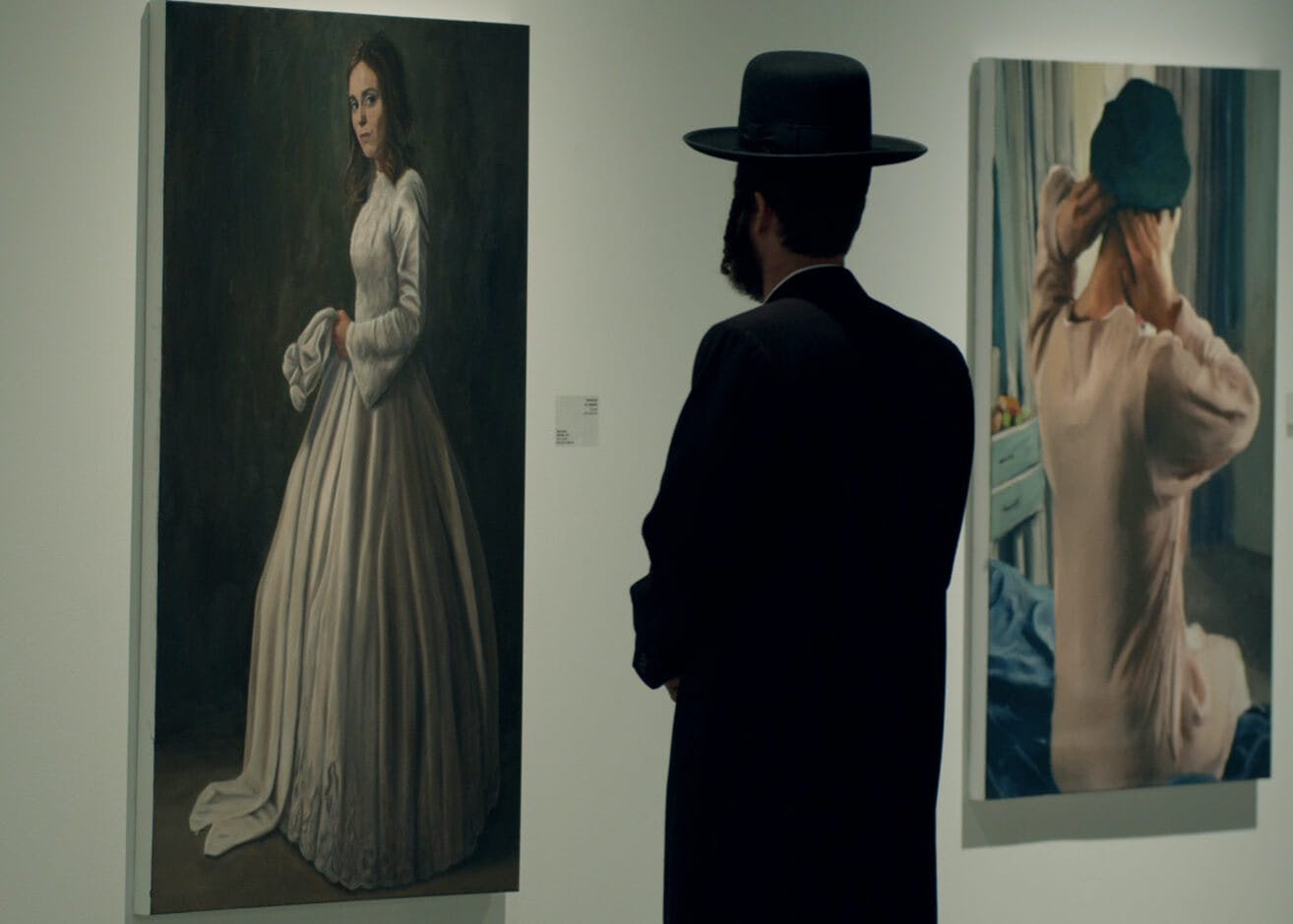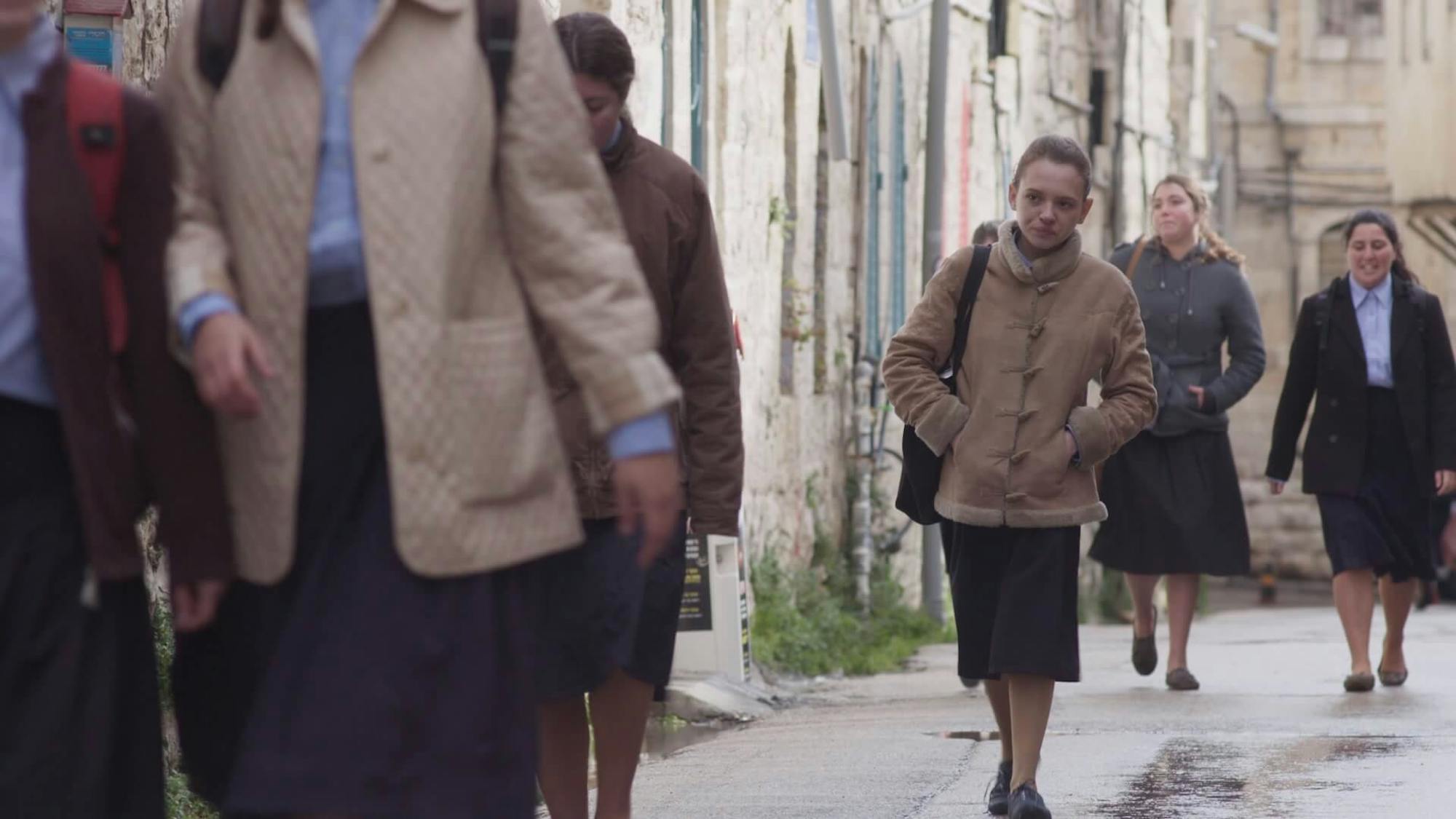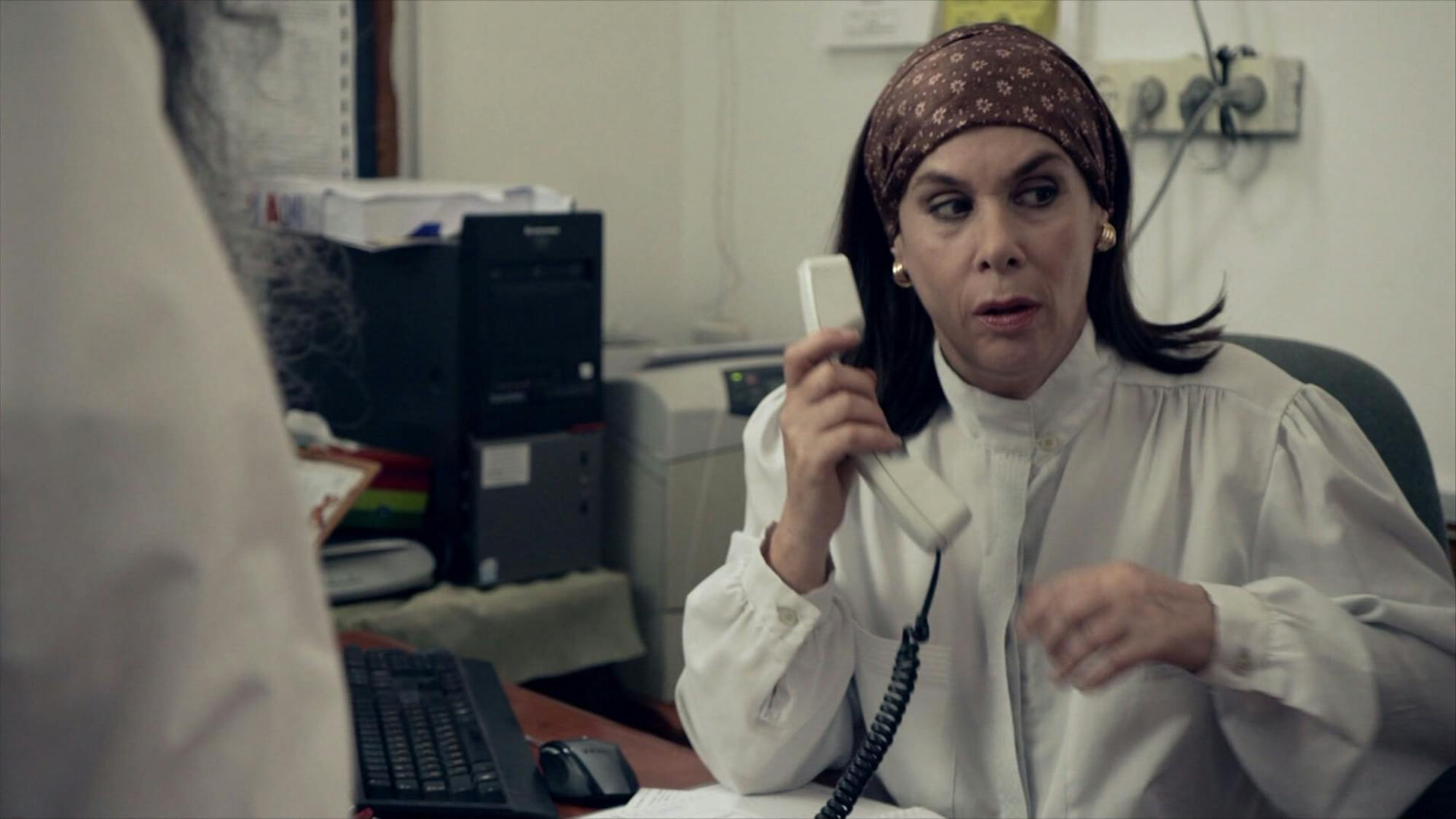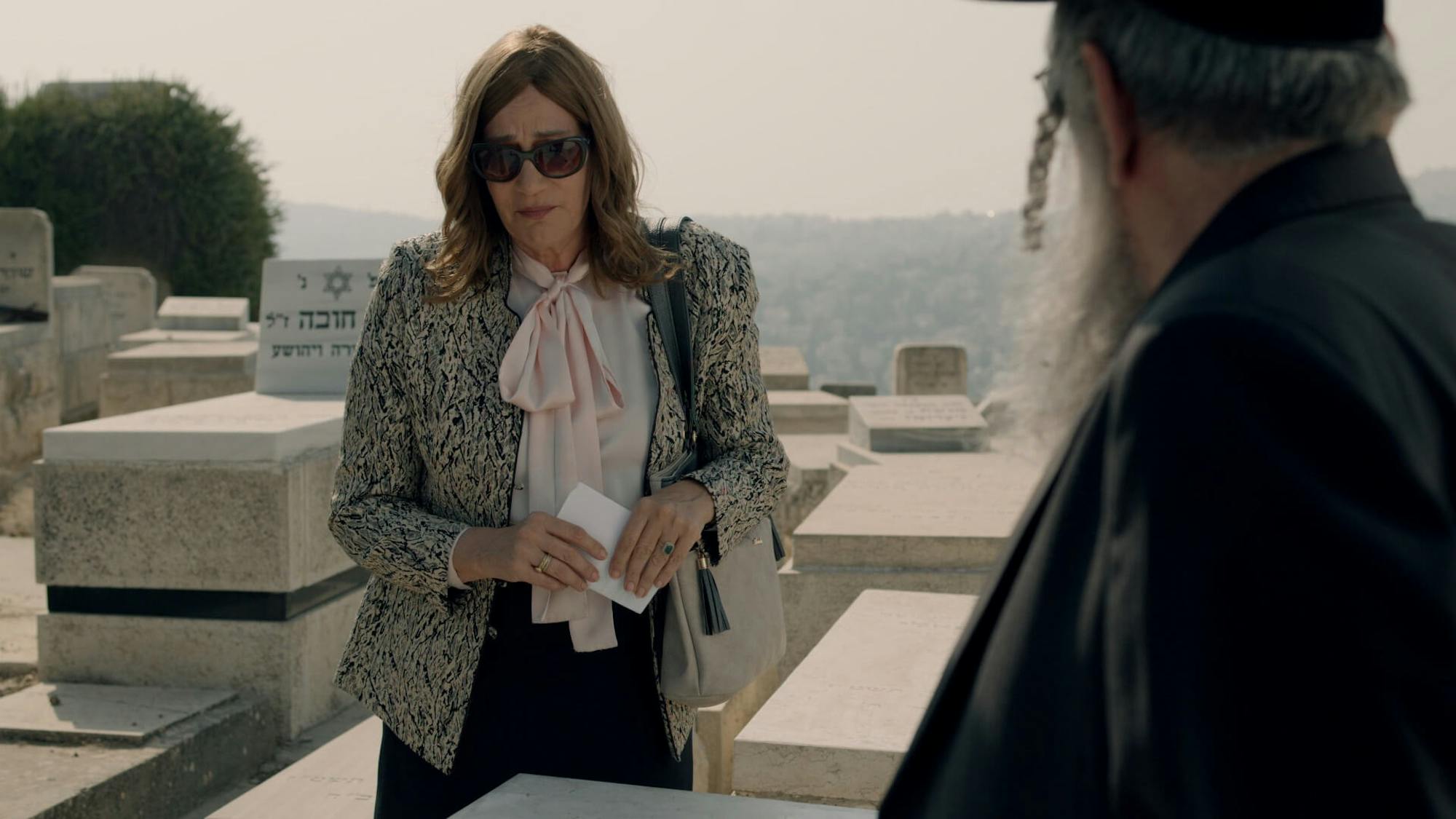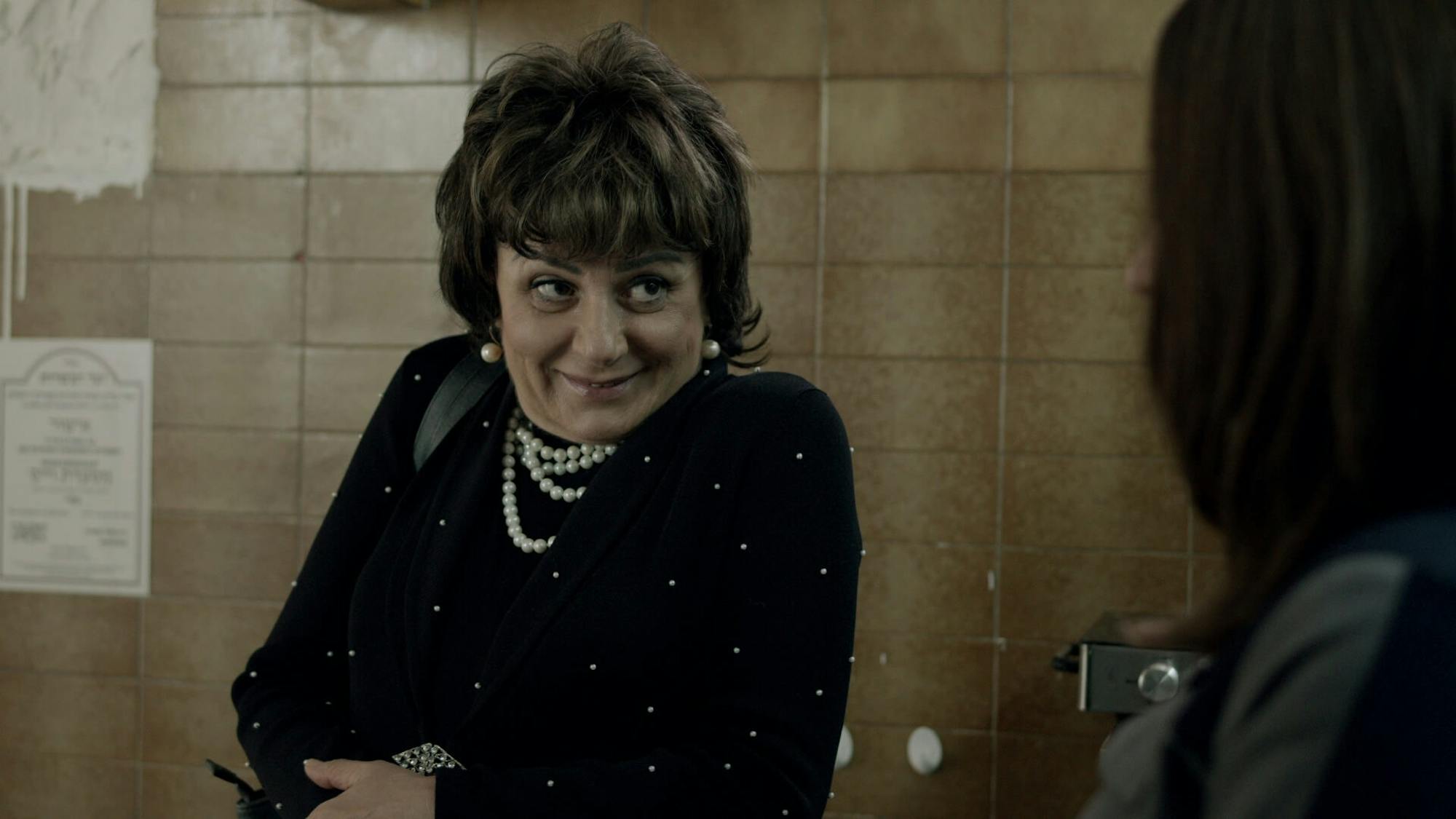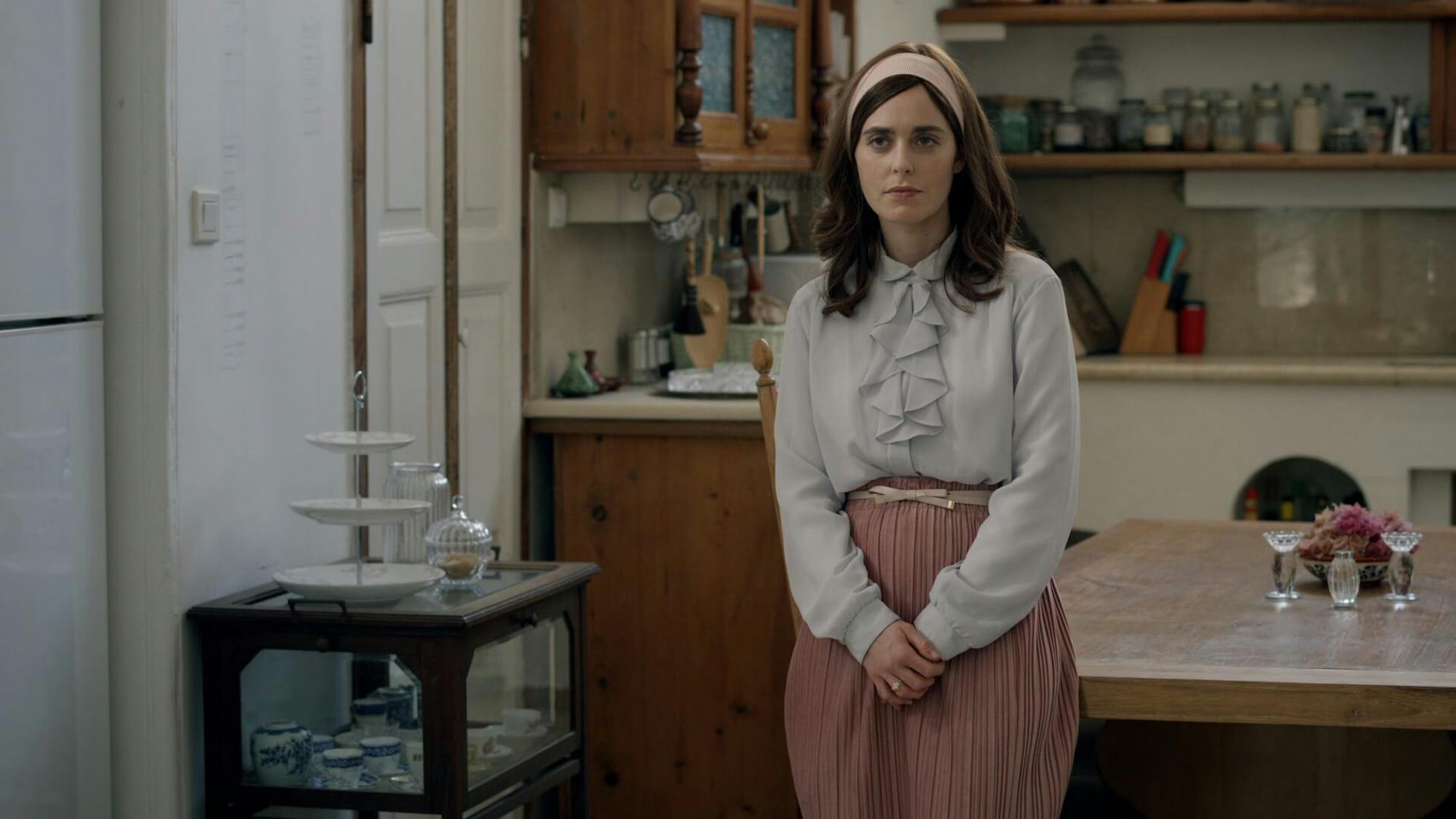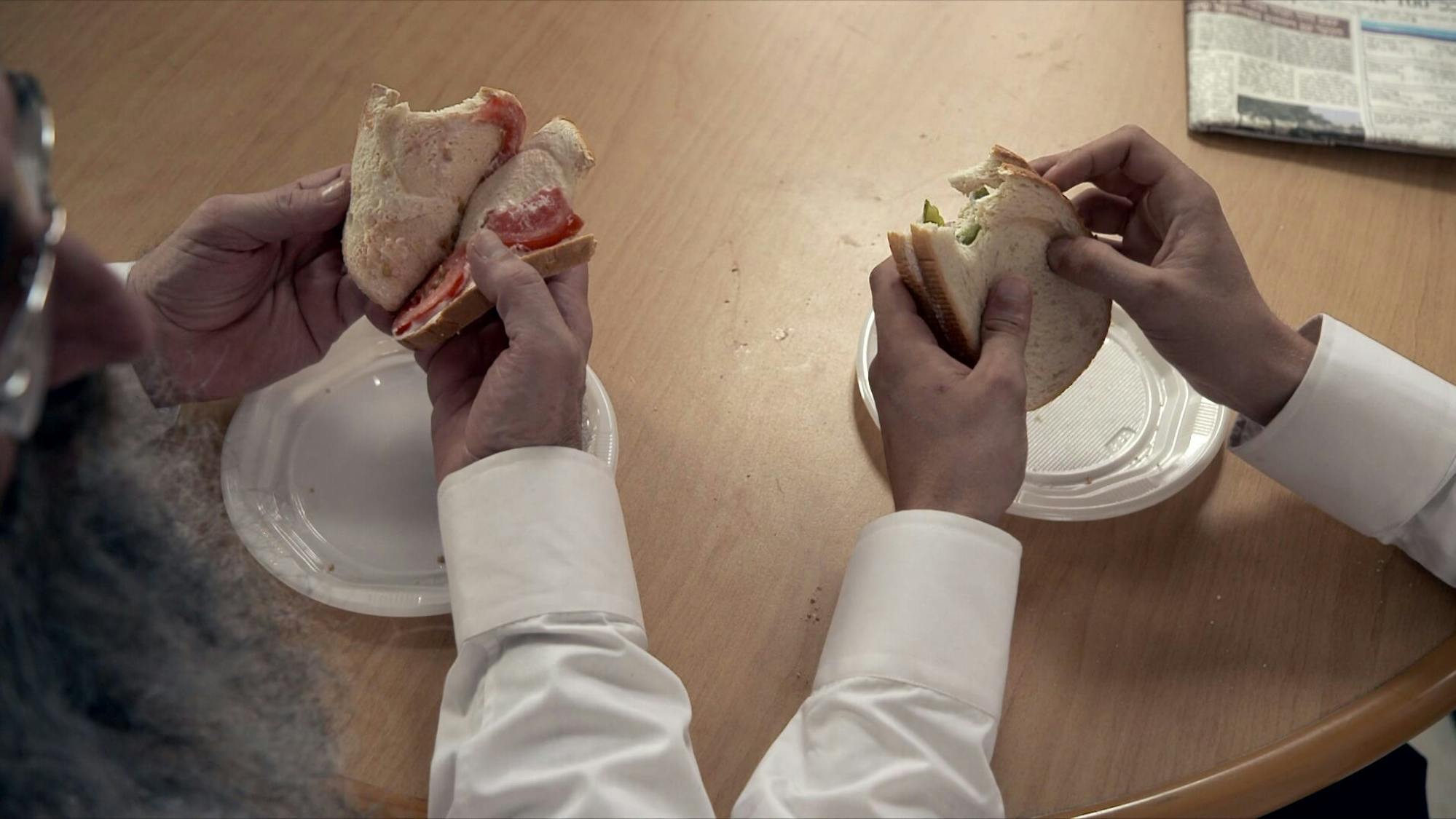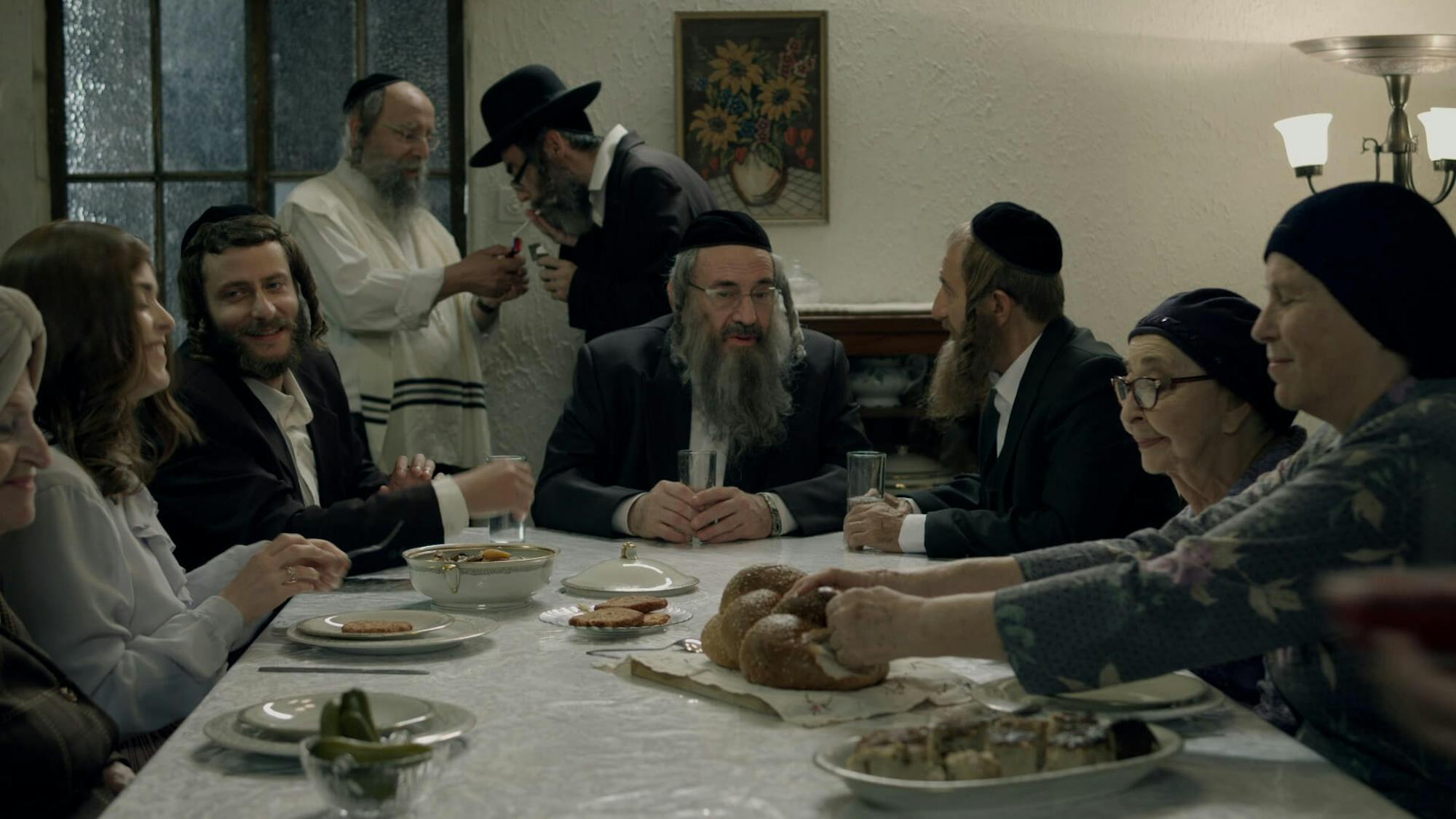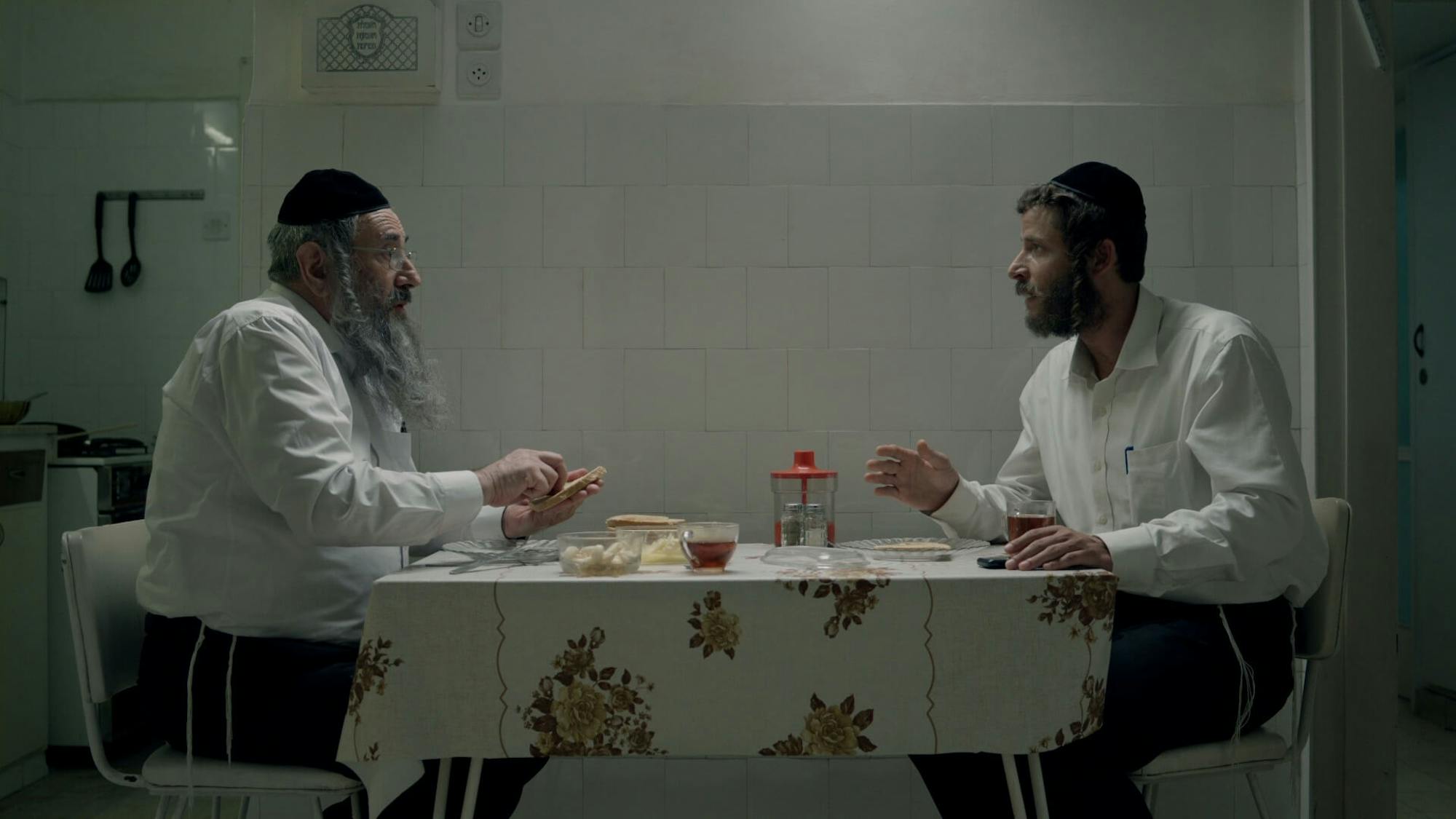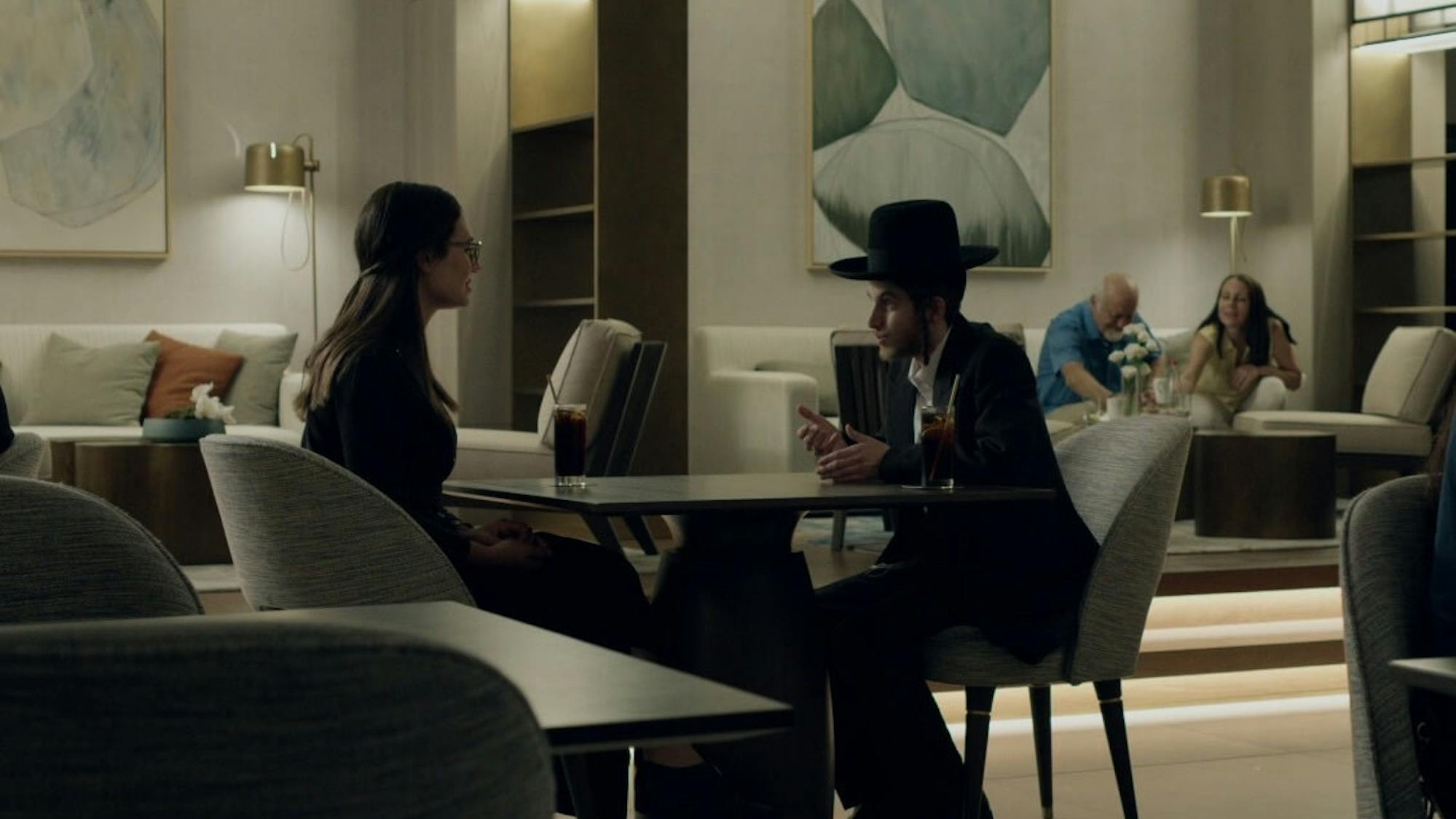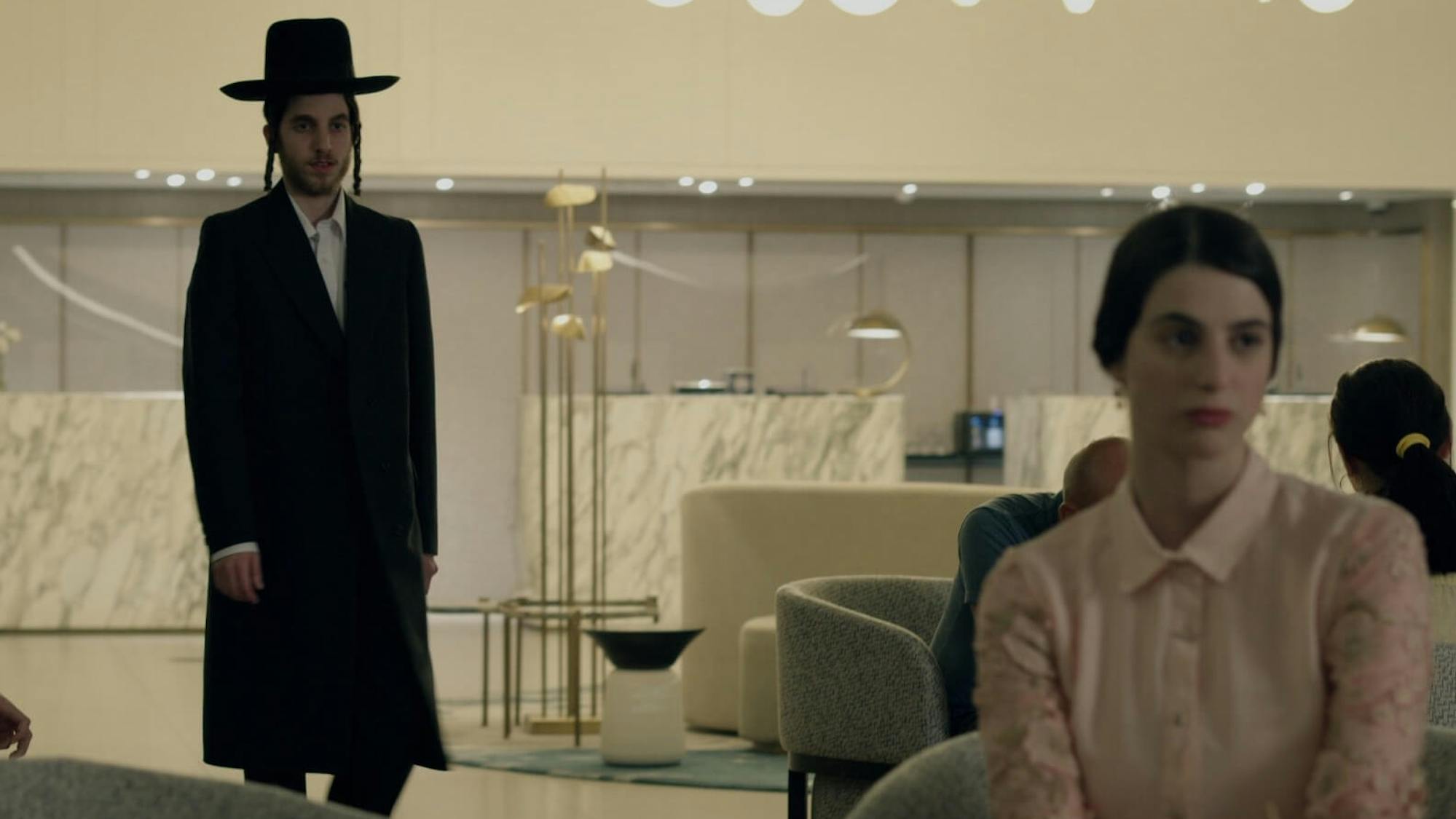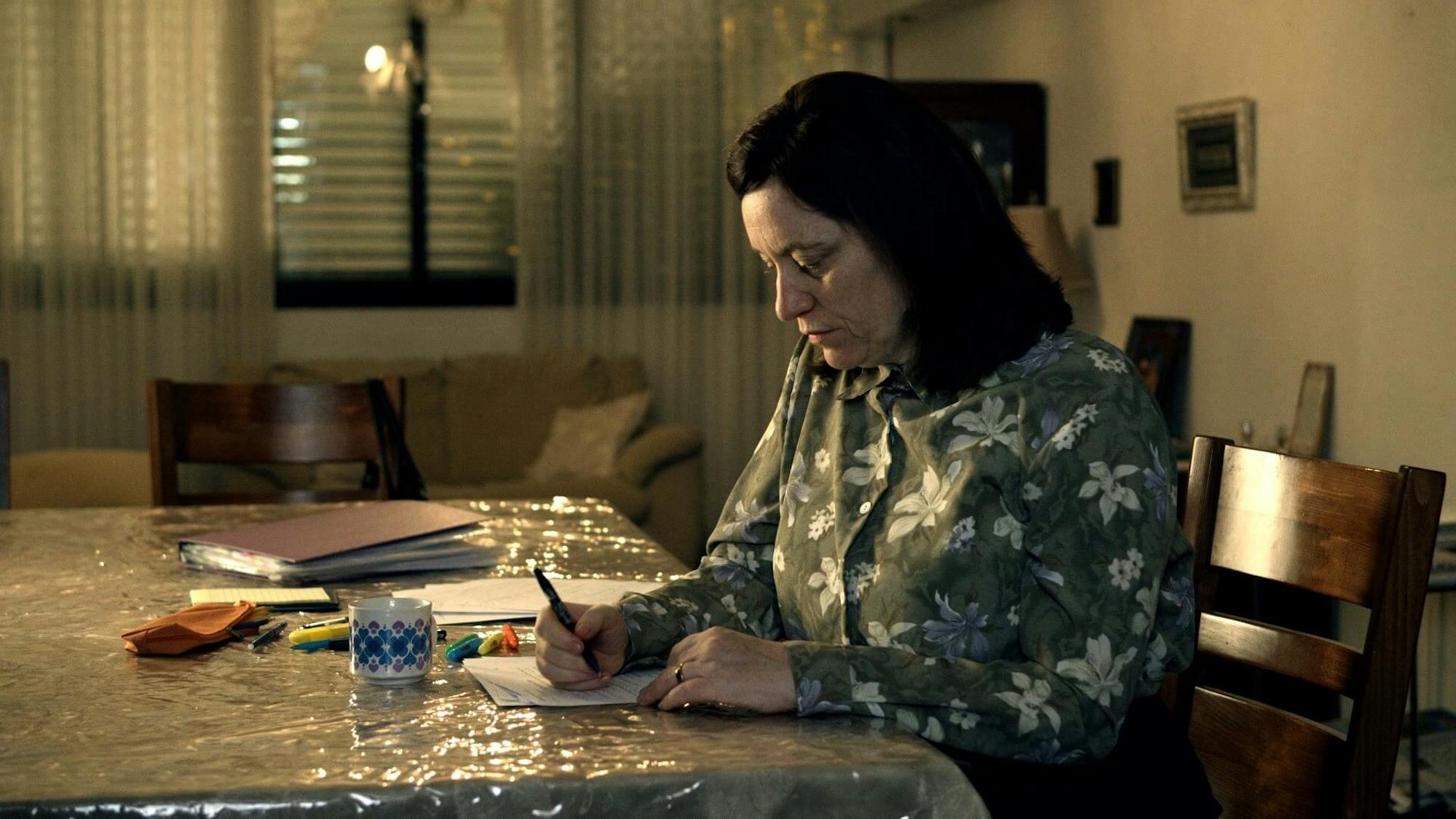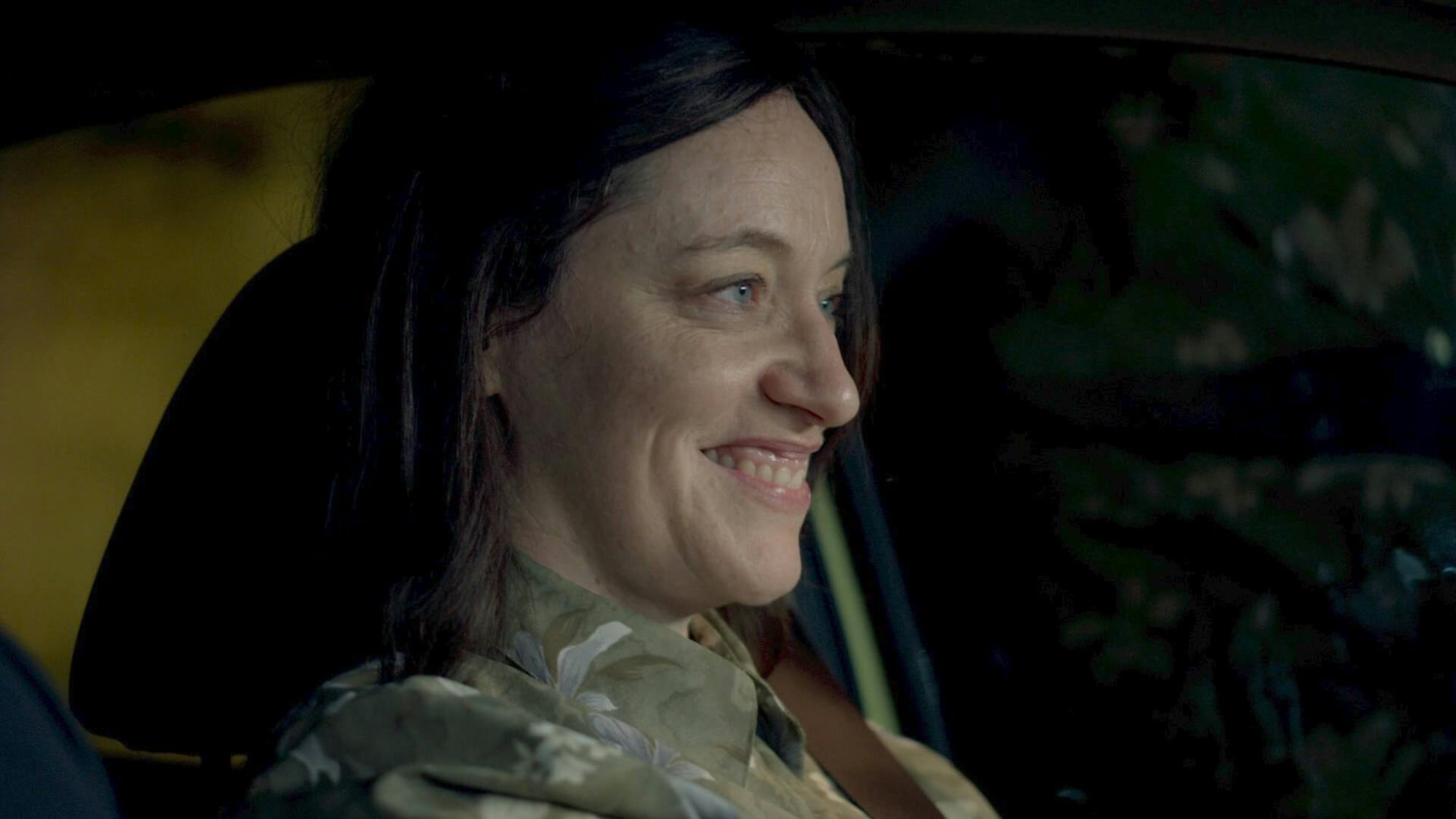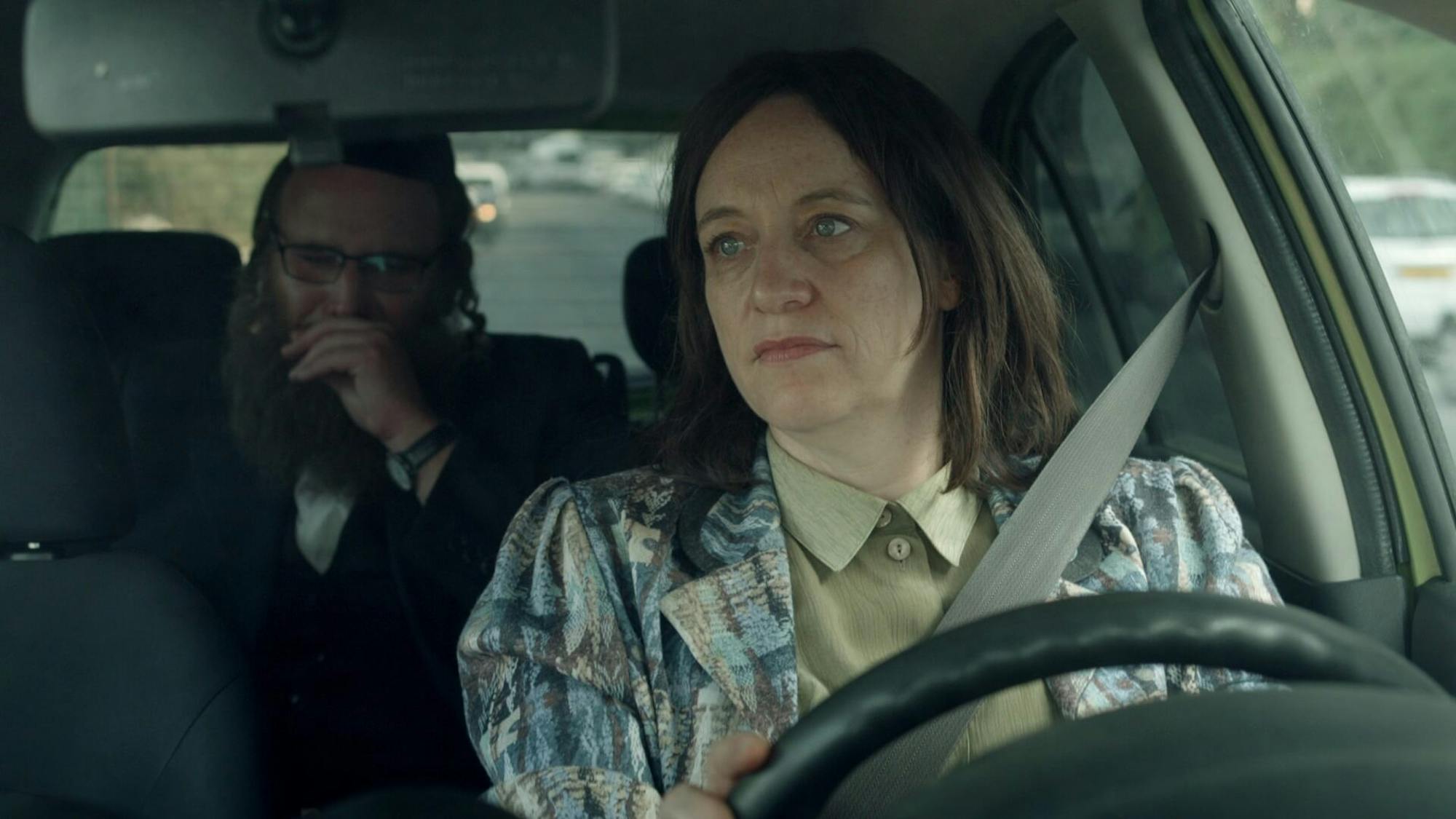Family Influences Everything in Shtisel.
The first time my mom, Susan, mentioned Shtisel, an Israeli series centered on a Haredi family living in an ultra-Orthodox neighborhood of Jerusalem, I had already streamed most of the third season. At the time, she had only seen a few episodes, so I didn’t want to ruin any plot points, especially because we were deep in the pandemic. But it took every bit of self-control for me to avoid sharing juicy tidbits about Akiva Shtisel and the rest of the family.
However, once she’d caught up, and after we’d kibitzed about my life in New York City and hers in Massachusetts, we found that our Shtisel shtick couldn’t be stopped. “Can you believe that matchmaking scene between Akiva and Elisheva,” my mother would say. “Wait until you find out what happens. You’re not going to believe it,” I’d say. Since we’re Jewish, it felt like we were talking about our own family, but as reform Jews, our approach to our roots is different, and it was fascinating to deconstruct the daily lives of this fictional family. Plus, dissecting a TV series was a completely new experience for my mom and me. While we’d been fans of other shows, before the pandemic, we’d always been too busy; my mom, a hard-working divorce attorney and the queen of the power suit, definitely had zero time for narishkeit (nonsense) like that.
No matter your tribe, family influences everything.
Lambeth Hochwald
Yet, here we were, falling hard for a show — me in my 50s and Susan on the precipice of 80. We overanalyzed why Ruchami was willing to sacrifice everything for Hanina, the devout student she fell in love with through the basement windows of the cheder (yeshiva), and why Shulem, the patriarch, would allow Malka, his mother, a bubbe with a capital ‘B,’ to spend her last years in such a drab old age home. “What kind of person would put his mother in that kind of senior home?” my mother asked me, pointedly.
While the characters of Shtisel are ultra-religious and rarely interact with the modern world, we were sure that if you stripped away the customary shtreimels (fur hats) on the men and wigs and modest dress on the women, their stories were universal. So were the issues they faced — money, fidelity, family fighting, and, in Akiva’s case, fitting into a society where the rules are understood and breaking them comes with consequences. The third season shifts its focus toward the younger generation and delves into tough subjects like infertility, alcoholism, and mental health issues.
As a learned Jewish woman, trustee of her synagogue, founder of our county’s section of the National Council of Jewish Women in the 1970s, and the smartest person I know, my mother brought some necessary perspective to the mishegoss (craziness) of Shtisel. And now, for the superfans, here are a few of the reasons my mother and I can’t stop kibitzing about the Shtisel family.
Women’s fashion is almost its own character in this show, and what a woman wears reflects her husband’s standing in the community. For Susan, it’s a mystery that these ladies go into the outside world with jewelry, makeup, and perfect hair that isn’t their own. “It’s confusing to me and conflicts with the idea of modesty,” my mother muses, “that a man in this world wants his woman to go out wearing good jewelry, a heavy sweater and beige, seamed stockings. Why do women think this is okay at any time, let alone in 90-degree heat?” I must be my mother’s daughter because I wouldn’t survive a day in thick-seamed stockings. Kudos to you, Haredi women. Kudos to you.
In the 1980s, when my family and I traveled to Israel to celebrate my brother and my bar and bat mitzvahs, my teenage self was intrigued by a walk through the bustling streets of Mea Shearim, the oldest ultra-orthodox Jewish neighborhood in Jerusalem, where head coverings are required for women. The fact that the show takes place in Geula, a neighborhood that borders Mea Shearim, instantly brought back memories of that first trip.
When my mother and I analyzed the meals the Shtisel family ate, it struck us how much Akiva and Shulem, his widowed father (the two live together for much of the series), seem to eat some form of eggs for dinner. According to my mother, this makes tons of sense: “Eggs are pareve, a neutral food,” she says. “It’s once you put meat or chicken on a plate that kosher rules apply. They could pair omelets with butter on bread, milk in coffee, and the obligatory ice cream for dessert.”
While she was impressed by the family’s use of eggs to sidestep kosher law, Susan was also outraged by the crimes against meat committed in this show: “You see those chafing dishes full of gravies, potatoes, and meat that’s cooked until it’s screaming for help?” Not everyone can cook like my mom; she’s as generous with her servings as she is with sharing her recipes.
The matchmaking mores of Shtisel weren’t that different from the very blind date my parents went on in the 1960s (my parents were married for forty-something years before my father died in 2007). My mother’s neighbor enticed my father with the following advertisement: She’s a beauty, good family, father’s a lawyer and she’s a lawyer — can you believe? The only difference between my parents’ introduction and the matches in Shtisel is the setting of Königsberg and the matchmaker (or shadchan), who works his magic from a bustling neighborhood store’s backroom. But things take a turn for the cosmopolitan — in Shtisel, the eager singles meet their matches in one of Jerusalem’s chicest hotel lobbies rather than in their neighborhood in Geula. Here, another hot take from Susan: “Maybe they met there because they didn’t want others to gossip about them,” she begins reasonably, “Or maybe it was because the Orangina tasted better there?” I’d bet on the latter.
The scene we talk about over and over again is the one in which Tovi Shtisel, a busy mom and teacher, secretly buys a car. When her husband, Zvi Arye (Shulem’s oldest son), begins to berate her, she tells him, in no uncertain terms, that when he gets up at four AM to do the laundry, gets the kids ready for school, and he’s bringing in the money, he can tell her whether or not they can buy a car. Susan shakes her head through the phone, “When Tovi gets her license, Zvi Arye is so upset because he doesn’t want anyone to see her behind the wheel, when he’s supposed to be the king of the house.” Not for nothing, we wondered whether Tovi was exacting revenge when she “accidentally” locks Zvi Arye in the very same car, in the scorching heat, the one day she drives him to cheder. “Those Jewish men figured it out for themselves that’s for sure,” my mother asserts. “What could be better than being engaged in discussion at the cheder all day, then going home and finding dinner ready on the table, followed by schnapps and a cigarette!” Couldn’t agree more, Susan.
My mom and I could go on and on about Shtisel (and maybe we will once the producers announce a fourth season). If it isn’t obvious, we were fascinated by the show’s universal themes — love, joy, sadness, disappointment — and we’re ready to buckle in for whatever comes next for our favorite fictional family. After watching the entire 33 hours or so of this unforgettable series, my mom and I came to exactly the same conclusion about Shtisel and, frankly, life itself: No matter your tribe, family influences everything.
